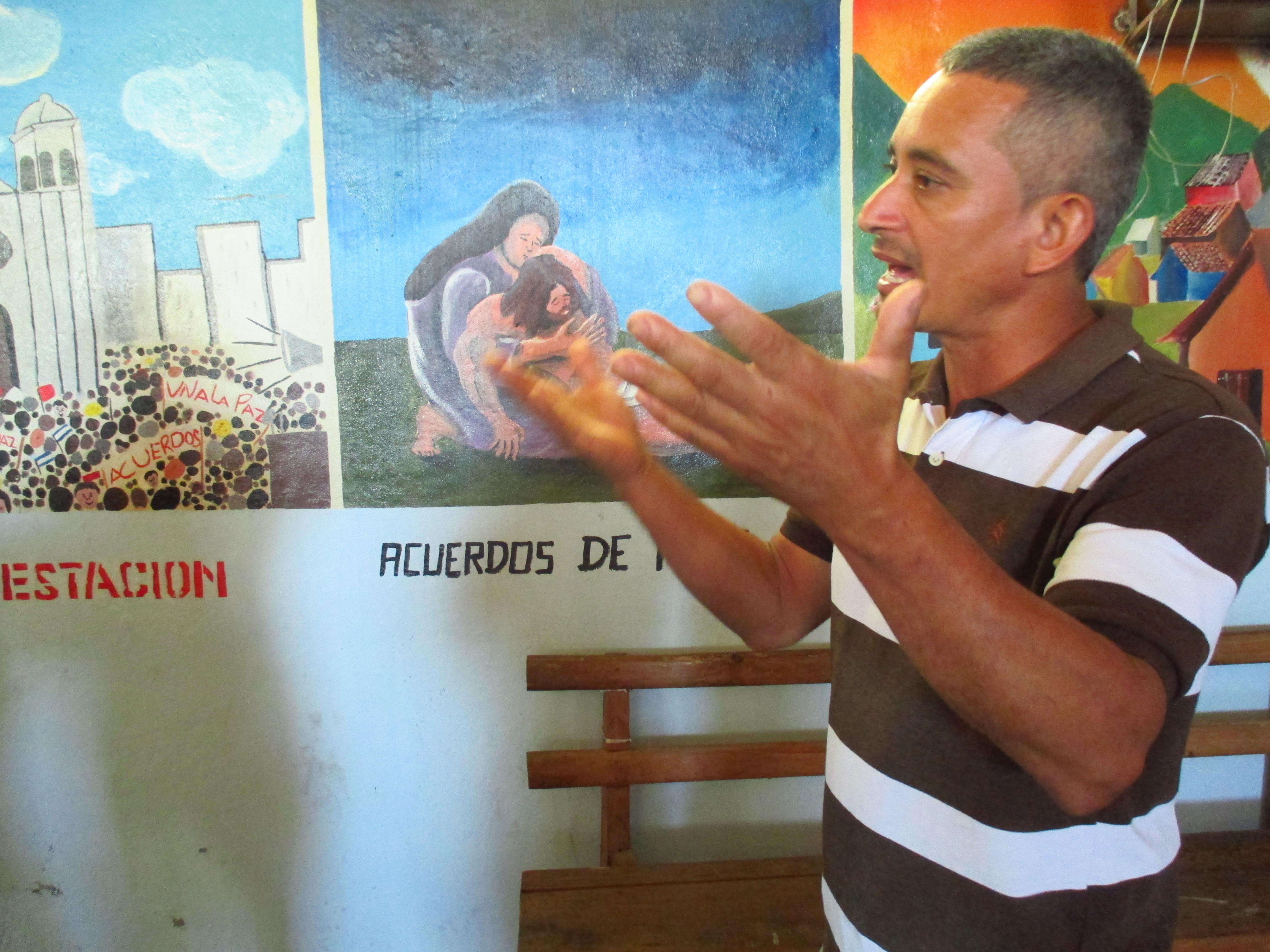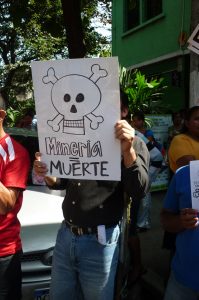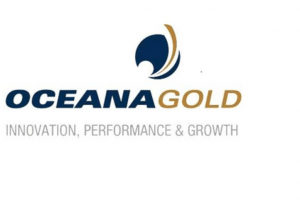Education, International Meddling, Politics
Quién es la Fundación Heritage / Who is the Heritage Foundation
(IN ENGLISH BELOW)
En noviembre de 2019, el periodico “The Guardian” publicó un artículo titulado “Cómo los tanques de pensamiento de la derecha radical cambiaron al partido conservador“. Este artículo habla del rol que estos tanques de pensamiento (como FUSADES) tuvo en la separación del Reino Unido y la Unión Europea, lo que ahora se conoce como BREXIT.
“La Fundación Heritage está 100% a favor de que Reino Unido deje la Unión Europea, con o sin negociación”, dijo Nile Gardiner, el director del tanque de pensamiento “Centro Margaret Thatcher para la Libertad”. “Creemos que el Reino Unido será un socio aún más fuerte para los Estados Unidos fuera de la Unión Europea, que es crecientemente anti-estadounidense”.
Las palabras clave son: “un socio aún más fuerte para los Estados Unidos”.
“La ambición de crear una red de tanques de pensamiento que pudieran llevar el debate político hacia la derecha fue concebida después de la segunda guerra mundial.
(…)
A finales de los 70s,(Charles) Koch había adoptado una estrategia de tres partes para crear un movimiento que buscaba, según él, “destruir el paradigma estatista”. Requeriría hacer cabildeo al gobierno para eliminar regulaciones a la industria y los impuestos, educar un “grupo libertario” joven y financiar directamente a políticos para ganar influencia. Koch anticipó que conseguir este cambio ideológico tomaría décadas y se comprometió con esa meta. Como (Antony) Fisher, Koch se había formado como ingeniero y vio el esfuerzo libertador como una especie de producción en línea. A mediados de los 90, el presidente de la Fundación Charles Koch, Richard Fink, escribió un ensayo que presentaba la estrategia de Koch para un cambio. Primero, donar a universidades para producir la “materia prima intelectual” necesaria. Segundo, donar a tanques de pensamiento, que luego procese esta materia prima a su “forma usable” para ser consumida por formadores de opinión. Tercero, donar a grupos de incidencia política, quienes han sido descritos por los críticos como grupos de fachada cuya función es hacer que los políticos crean que hay una gran presión social por políticas contra el bienestar social. Estos “grupos de base” sintéticos fueron descritos por David Koch como su “fuerza de ventas”. Otros tanques de pensamiento millonarios, como la Fundación Heritage, adoptaron tácticas similares.
(…)
Después del referendum (de BREXIT), (Matthew) Elliott, antiguo director de Vote Leave (grupo acusado de ilegalidades), se convirtió en miembro del Instituto Legatum durante un tiempo, investigando el populismo y realizando una gira en los Estados Unidos. Visitó “viejos amigos” en la Fundación Heritage y otros cuatro tanques de pensamientos de la Red Atlas para compartir lecciones de la victoriosa campaña y para presentar el caso del Brexit como una gran oportunidad para el comercio entre Estados Unidos y el Reino Unido.

(…)
En años recientes, los socios de US Atlas, gracias a sostenidas críticas sobre su financiamiento, se han vuelto más transparentes para nombrar a sus donantes. Al rastrear sus cuentas anuales, devoluciones de impuestos y bases de datos sobre subvenciones dadas por fundaciones estadounidenses, es posible identificar algunos de los más grandes donantes de los tanques de la US Atlas que han acogido a británicos prominentes y pro-Brexit o que han trabajado en conjunto para producir materiales. Fundaciones asociadas con los hermanos Koch han sido grandes financistas de la fundación Heritage, el Instituto Cato, el Instituto de la Empresa Americana, el Instituto Manhattan, el Centro Mercatus y el Instituto de la Empresa Competitiva. Estos mismos tanques de pensamiento han recibido también financiamiento de otras fundaciones conectadas con plutócratas (*) estadounidenses, incluyendo las fundaciones conservadoras de ultra-derecha Bradley, Scaife y John Templeton. La fundación familiar del multimillonario Robert Mercer ha sido una gran donante de la Fundación Heritage y el Instituto Cato.
La red Atlas, como organización sombrilla, recientemente recibió financiamiento multimillonario por su actividad mundial en los últimos años de parte de fundaciones creadas por las familias Koch, Scaife, Bradley, Earhart y Templeton. Se enlista a quienes dan dinero a sus cuentas anuales, pero solo declara sus donaciones o subvenciones a otras organizaciones en Europa como un total, haciendo imposible saber cuánto se ha donado o brindado a socios específicos en Reino Unido. Dijeron no haber financiado ningún proyecto enfocado en el Brexit en el Reino Unido.
(…)
El tanque de pensamiento de (Daniel) Hannan, la Iniciativa para el Libre Comercio, no identifica a sus financistas, pero él defendió el derecho de los super ricos para usar su dinero para influir en la política. “Sería algo regresivo si la gente con éxito en la vida, ya sea los Kochs o alguien más, pensara que deberían gastar su dinero en sí mismas en lugar de en aquellas cosas en las que creen. Por supuesto que esperarías que la gente comparta sus ideas”, dijo. Además, agregó, en el mercado de las ideas, incluso grandes sumas de dinero no pueden mágicamente convertir malas ideas en ideas persuasivas. Al final, agregó: “Las mejores ideas ganan. Así son las cosas, ¿no es así?”
Ahí se ubica la Fundación Heritage.
Este es el grupo al cual nuestro presidente actual Nayib Bukele decidió dirigirse primero en marzo de 2019.
(*) personas que tienen poder gracias a sus riquezas.

https://twitter.com/nayibbukele/status/1221643169529520130
In November 2019, The Guardian published an article titled: “How the right’s radical thinktanks reshaped the Conservative party“. The article talks about the role these thinktanks (Such as FUSADES in El Salvador) had in the separation of the United Kingdom from the European Union, in what’s now called BREXIT.
“The Heritage Foundation is 100% in favour of Britain leaving the EU, with or without a deal,” Nile Gardiner, director of the thinktank’s Margaret Thatcher Center for Freedom, told us. “We believe Britain will be an even stronger partner for the US outside of the EU, which is increasingly anti-American.”
The most important choice of words: “An even stronger partner for the US”.
“The ambition to create a network of thinktanks that could drag the political debate to the right was conceived in the aftermath of the second world war.
(…)
By the late 70s, (Charles) Koch had adopted a three-part strategy to create a movement that aimed, he said, to “destroy the prevalent statist paradigm”. It would involve lobbying government to repeal regulation of industries and all taxes, educating a new young “libertarian cadre” and funding politicians directly to win influence. Koch anticipated that bringing about this ideological shift would take decades, and he committed to the long haul. Like Fisher, Koch was an engineer by training, and he saw the libertarian effort as a kind of production line. In the mid-1990s, the president of the Charles Koch Foundation, Richard Fink, wrote an essay that laid out the Koch strategy for change. First, donate to universities in order to produce the necessary “intellectual raw material”. Second, donate to thinktanks, which then process this raw material into a “usable form” to be consumed by opinion formers. Third, donate to political advocacy groups, which have been characterised by critics as front groups whose function is to make politicians believe there is strong grassroots pressure for small-state, anti-welfare policies. These synthetic “grassroots” groups were described by David Koch as their “sales force”. Other billionaire-endowed thinktanks, such as the Heritage Foundation, adopted similar tactics.
(…)
After the (BREXIT) referendum, (Matthew) Elliott, the former Vote Leave director, became a fellow of the Legatum Institute for a period, researching populism and going on a speaking tour of the US. He visited “old friends” at the Heritage Foundation and four other Atlas Network thinktanks to share lessons from the victorious campaign and to make the case for Brexit as a great opportunity for the US-UK trade.
(…)
In recent years, US Atlas partners, under sustained criticism over their funding, have become more transparent in listing many of their donors. By trawling their annual accounts, US tax returns, and grant databases from US foundations, it is possible to identify some of the major donors to US Atlas thinktanks that have hosted prominent British Brexiters or teamed up with them to produce material. Foundations associated with the Koch brothers have been major funders of the Heritage Foundation, the Cato Institute, the American Enterprise Institute, the Manhattan Institute, the Mercatus Center, and the Competitive Enterprise Institute. These same thinktanks have also received funding variously from other foundations connected to US plutocrats, including the ultra-conservative Bradley, Scaife and John Templeton foundations. The family foundation of hedge fund billionaire Robert Mercer has been a major donor to the Heritage Foundation and the Cato Institute.
The Atlas Network, as an umbrella organisation, has also received multimillion-dollar funding for its worldwide activity in recent years from foundations set up by the Koch, Scaife, Bradley, Earhart and Templeton families. It lists those who give it money in its annual accounts, but only declares its own grants and donations to other organisations in Europe as a whole, making it impossible to see how much it has donated or passed on to specific UK partners. It told us that it had not funded any Brexit-focused projects in the UK.
(…)
(Daniel) Hannan’s own thinktank, the IFT (Initiative for Free Trade), does not identify its funders, but he defended the right of the super-rich to use their money to help shape politics. “It would be a regressive thing if people who succeeded in life, whether it’s the Kochs or anyone else, thought they should spend money on themselves rather than on things they believed in. Of course you would expect people to be spreading their ideas,” he said. Besides, he argued, in the marketplace of ideas, even vast sums of money cannot magically turn bad ideas into persuasive ones. In the end, he reckoned: “The best ideas win. That’s how it works, isn’t it?”
This is where the Heritage Foundation stands.
This was the group with whom our current president Nayib Bukele first decided to talk to in March 2019.
You can listen the entire Guardian article here.




